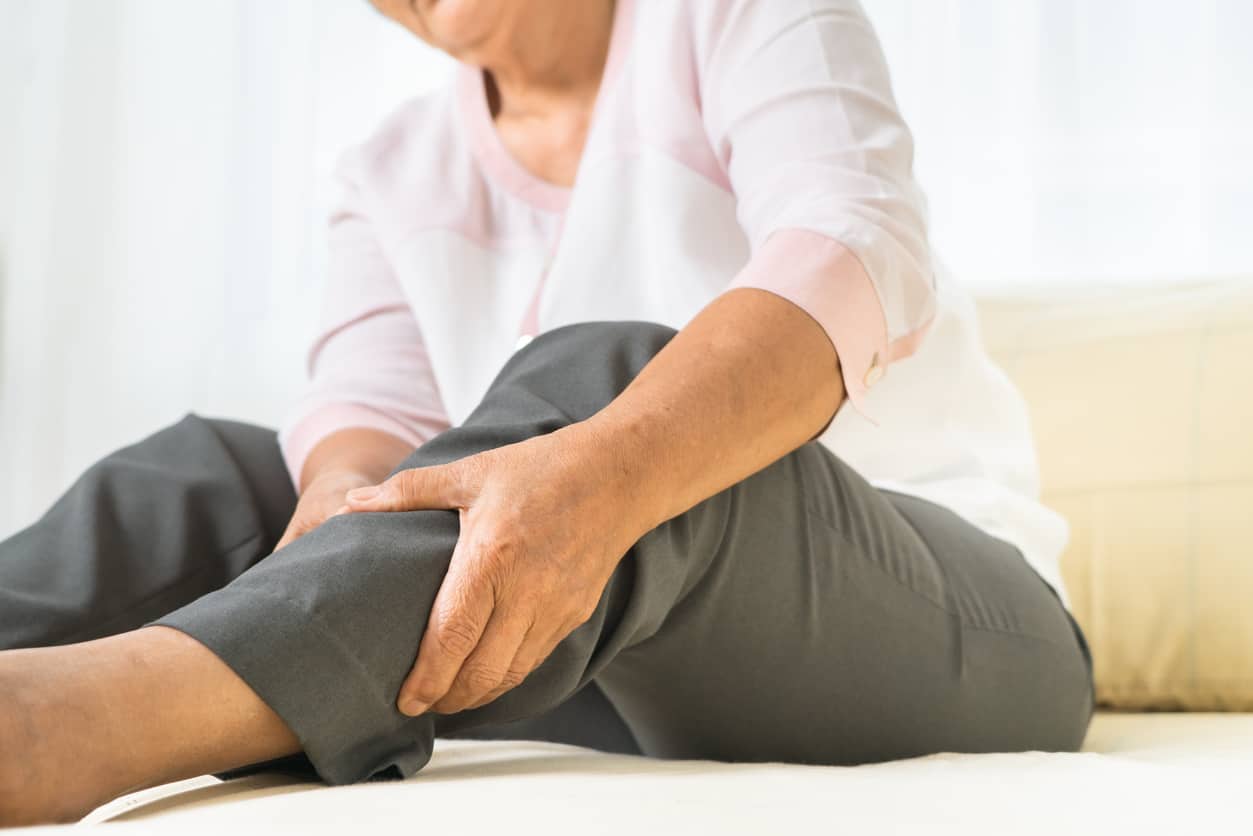The Weight of the Matter: Why Do My Legs Feel Heavy When I Walk?
The sensation of heavy legs, a common complaint, can significantly hinder your walking routine and overall mobility. This feeling can range from a mild tiredness to a dragging sensation, making even short walks feel like a struggle. This comprehensive guide explores the potential causes behind heavy legs, offers strategies for finding relief, and provides tips for preventing this discomfort in the future.
Understanding the Heaviness: A Multitude of Culprits
Several factors can contribute to the feeling of heavy legs when walking:
- Poor Circulation: Reduced blood flow to the legs can lead to a buildup of blood and waste products, causing a feeling of fatigue, aching, and heaviness. This can be due to conditions like peripheral arterial disease (PAD) or chronic venous insufficiency (CVI).
- Muscle Weakness: Weak leg muscles struggle to support your body weight effectively, leading to a feeling of heaviness and fatigue, especially during prolonged walking.
- Dehydration: When you’re dehydrated, your blood volume decreases, making it harder for your heart to pump blood throughout your body. This can lead to reduced blood flow to the legs and a sensation of heaviness.
- Electrolyte Imbalance: Electrolytes are minerals that play a crucial role in muscle function. An imbalance in electrolytes, particularly sodium and potassium, can contribute to muscle weakness, fatigue, and a heavy feeling in the legs.
- Nutrient Deficiencies: Deficiencies in certain vitamins, like iron or vitamin B12, can cause fatigue, muscle weakness, and heaviness in the legs.
- Inactivity: If you lead a sedentary lifestyle, your leg muscles become weak and deconditioned, making them more susceptible to fatigue and a heavy feeling during walking.
- Obesity: Excess weight puts extra strain on your leg muscles, leading to fatigue and heaviness, especially during physical activity.
- Pregnancy: Hormonal changes and the increased weight of the uterus during pregnancy can put strain on the circulatory system and contribute to feelings of heaviness in the legs.
- Varicose Veins: These twisted, enlarged veins can impede blood flow and cause symptoms like swelling, aching, and heaviness in the legs.
When the Heaviness Persists: Consulting a Doctor
If you experience persistent or worsening heaviness in your legs, especially if accompanied by other symptoms like pain, numbness, or cramping, consult a doctor to determine the underlying cause and receive appropriate treatment. Early diagnosis and intervention are crucial for managing chronic conditions that can contribute to heavy legs.
Lightening the Load: Strategies for Relief
Here are some steps you can take to find relief from the feeling of heavy legs when walking:
- Improve Circulation: Regular exercise, particularly activities like walking, swimming, or cycling, can improve blood flow and reduce heaviness. Elevating your legs when resting can also help.
- Strengthen Your Leg Muscles: Strength training exercises that target your leg muscles can improve their endurance and reduce fatigue during walking.
- Stay Hydrated: Drink plenty of water throughout the day to maintain proper hydration and blood flow.
- Maintain a Balanced Diet: Eat a healthy diet rich in fruits, vegetables, and whole grains to ensure you’re getting the essential nutrients your muscles need to function properly.
- Manage Weight: If you’re overweight or obese, losing weight can significantly reduce the strain on your legs and alleviate heaviness.
- Wear Compression Stockings: Compression stockings can help improve blood flow and reduce swelling in the legs, thereby reducing the feeling of heaviness.
Preventing the Heaviness: Taking Proactive Steps
Here are some tips to prevent the feeling of heavy legs from developing in the first place:
- Maintain a Healthy Lifestyle: Regular exercise, a balanced diet, and adequate sleep are essential for overall health and leg health.
- Manage Stress: Chronic stress can contribute to muscle tension and fatigue. Practice relaxation techniques like yoga or meditation to manage stress levels.
- Avoid Prolonged Sitting: If your job requires prolonged sitting, take frequent breaks to get up and move around.
- Wear Comfortable Shoes: Supportive shoes with good arch support can help reduce strain on your legs during walking.
Frequently Asked Questions (FAQ)
Q: Can certain medications cause heavy legs?
- A: Yes, some medications, like birth control pills or hormone replacement therapy, can contribute to fluid retention and feelings of heaviness in the legs. Consult your doctor if you suspect medication-induced heavy legs.




